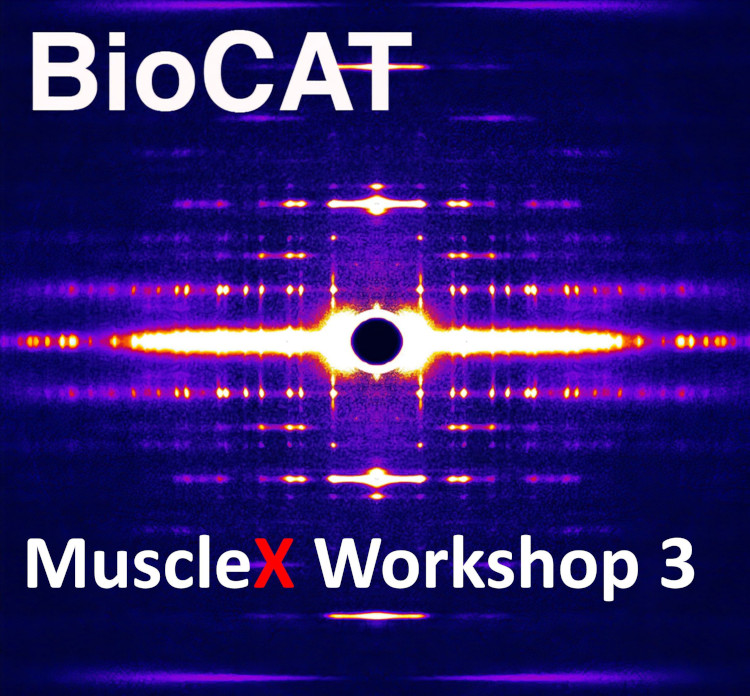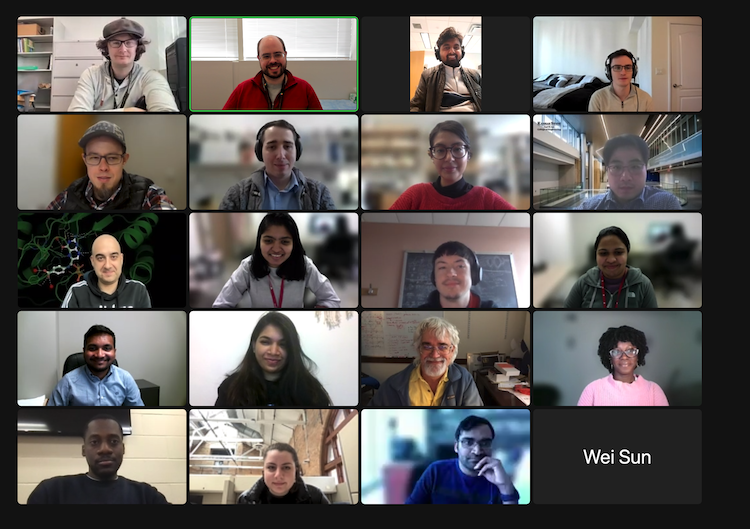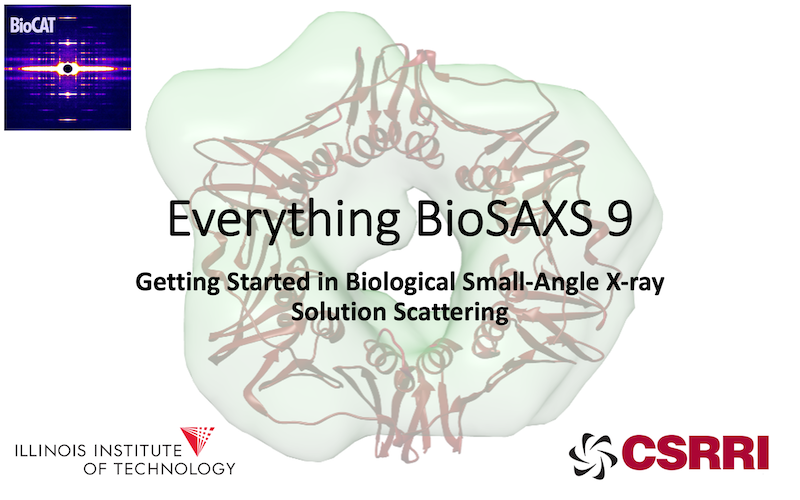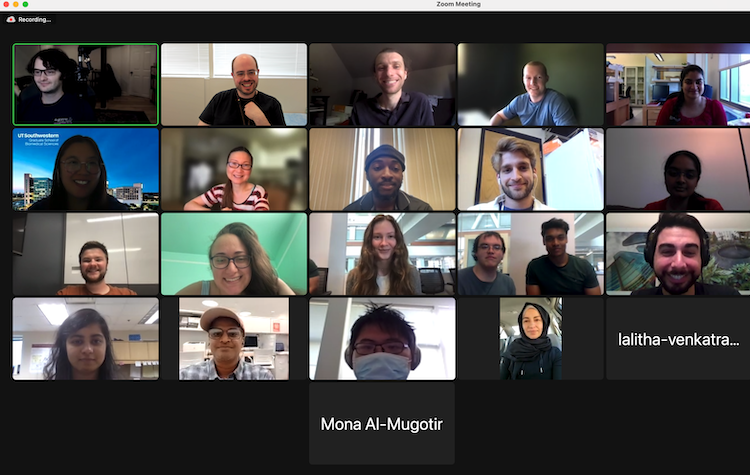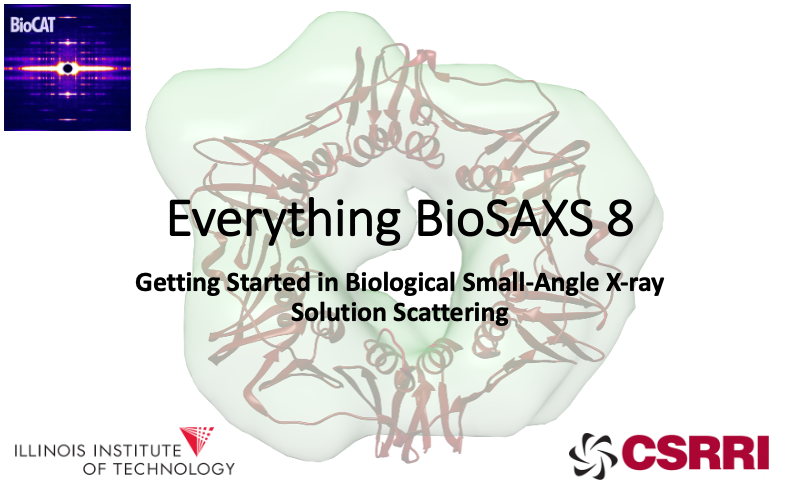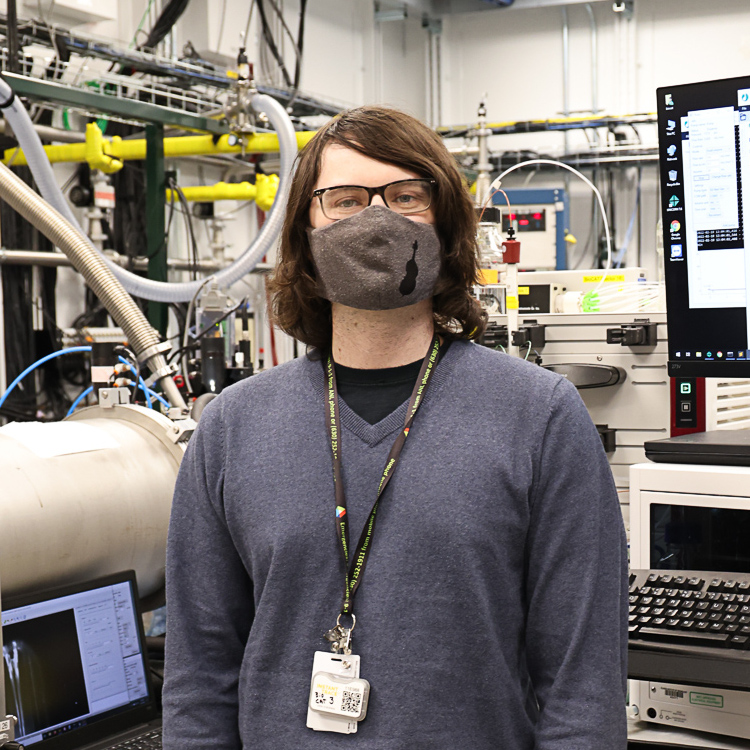BioCAT scientist gets grant to study inherited cardiac conditions
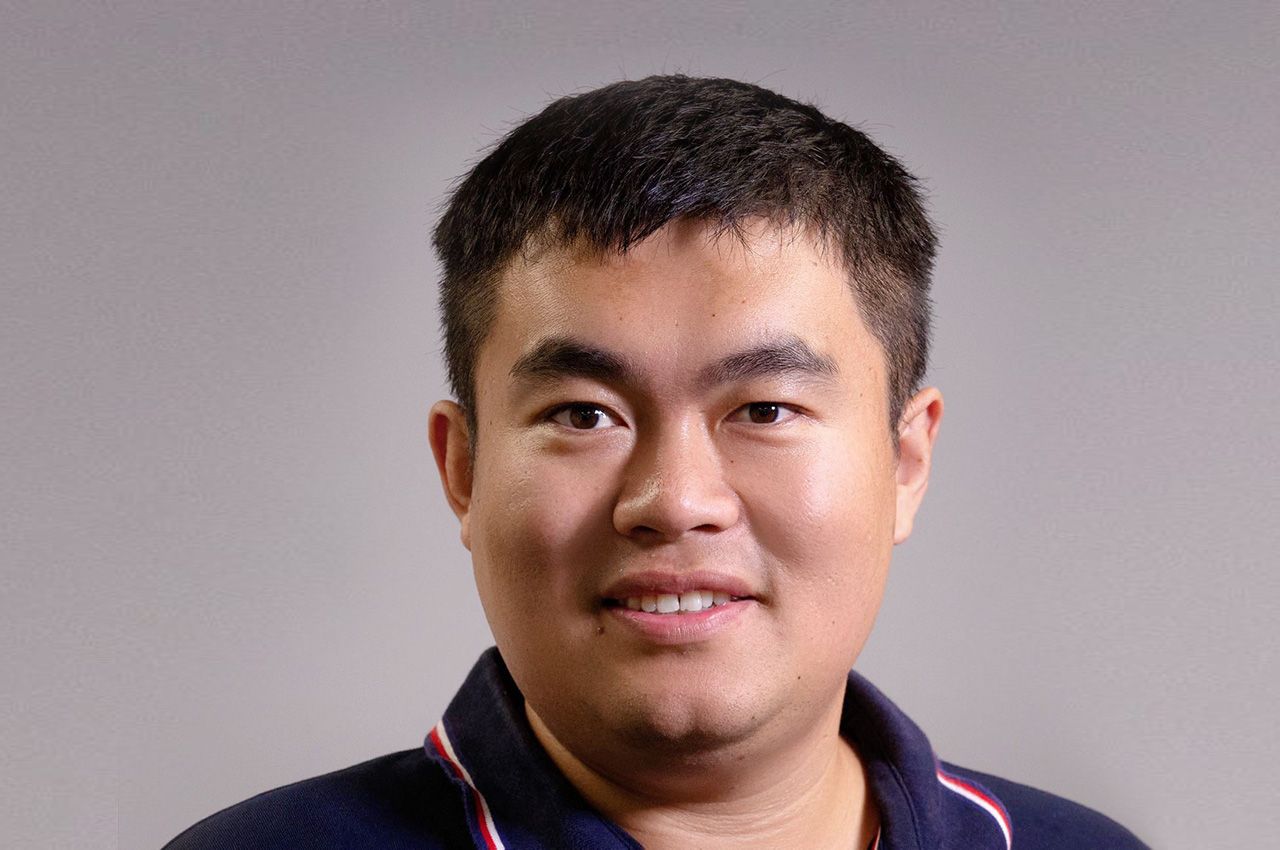
When it comes to keeping hearts pumping, Illinois Institute of Technology Research Assistant Professor and BioCAT scientist Weikang Ma continues to show that he is prepared to make a significant impact.
Ma has published a pair of papers—one in Proceedings of the National Academies of Science (PNAS) and another in PNAS Nexus—and also received a $2 million grant from the National Institutes of Health to further his research into inherited cardiac conditions since December 2023.
Both papers were published in February. The first, titled "Myosin in Autoinhibited Off State(s), Stabilized by Mavacamten, Can Be Recruited in Response to Inotropic Interventions," was published in PNAS by Ma, Illinois Tech Professor of Biology and Physics Thomas Irving, Henry Gong (Ph.D. BIOL ’22), and a team of scientists from Bristol Myers Squibb, Cardiac Consulting, the Institute for Information Technologies, and FilamenTech. The second, titled "The Structural Off and On States of Myosin Can Be Decoupled from the Biochemical Super- and Disordered-Relaxed States," was published in PNAS Nexus by Ma, Irving, and Gong, along with scientists from Johns Hopkins University …
more ...